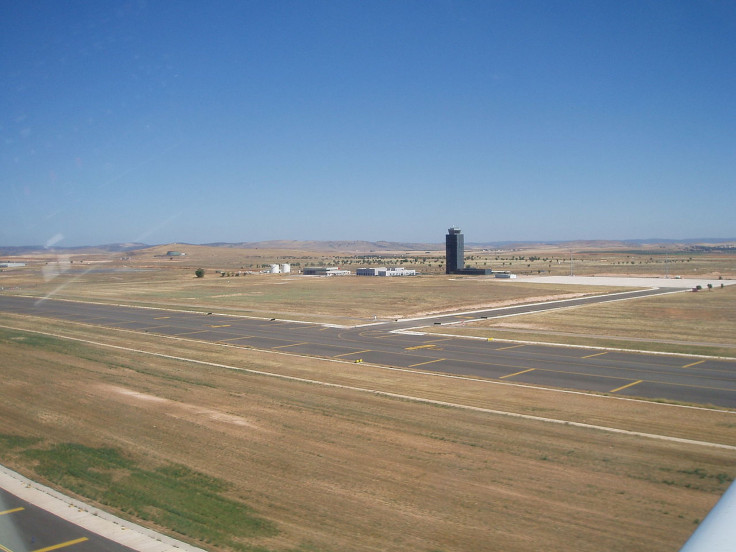Spain To Emerge From Recession; But Still Struggling With Record-High Bankruptcies

Spain is on track to emerge this year from its second recession in five years, but most Spanish businesses remain under intense pressure from tight credit conditions and weak demand as a record number of Spanish companies filed for bankruptcy during the first half of 2013.
Spain’s troubled banks have tightened lending after a property boom turned to bust in 2008 and face stricter regulation since they were bailed out to the tune of 41 billion euros ($51 billion) last year.
The Spanish National Statistics Institute revealed this week that 5,069 companies had filed for bankruptcy during the first half of 2013, a 22.5 percent increase from the first half of 2012 and the highest number since the statistical series began in 2004.
Small- and medium-sized enterprises in the construction and industry sectors have been hurt the most by the crisis -- about 29 percent of all the bankruptcies filed between January and June involved construction companies. In June 2013, there were 53.3 percent fewer construction companies than in December 2007. Construction accounted for 13 percent of total employment in Spain back in 2008. That number is now down to 6 percent.
The latest example that highlights the excesses of Spain’s building boom is the auction of one the country’s biggest “white elephants” – the airport at Ciudad Real in La Mancha – with a starting price of 100 million euros ($133.7 million).
The airport, which is 100 miles south of Madrid and cost 1 billion euros to build, is in mint condition as it has barely been used and boasts a runway long enough to land an Airbus 380, the world's largest airliner.
With a population of just 75,000, Ciudad Real is hard to spot on a map. According to the The Guardian, the administrators of the airport said that the airport’s proponents never produced a realistic business model and “produced a financial plan that was not based on any studies of the market or of demand that would justify the anticipated traffic." The airport drove the Castilla-La Mancha savings bank -- a 68 percent shareholder in the venture -- to bankruptcy.
The closure of companies is significantly hurting employment, which in turn weakens domestic consumption and the economic growth.
The Spanish economy has been contracting almost continuously since 2009 -- its 0.4 percent growth in 2011 is the only exception -- and unemployment soared from 8 percent in the second quarter of 2007 to 26.4 percent in the second quarter of 2013.
And that’s not going to change any time soon. While the International Monetary Fund confirmed that Spain is on track to emerge from recession this year, it warned that the 6 million unemployed are unlikely to see any benefit from a return to growth. The IMF projected last week that Spain will be stuck with an unemployment rate of above 25 percent for at least five more years.
Spain’s GDP is expected to increase by less than 1 percent annually for the next four years, and only 1.2 percent in 2018, the IMF said.
© Copyright IBTimes 2024. All rights reserved.






















